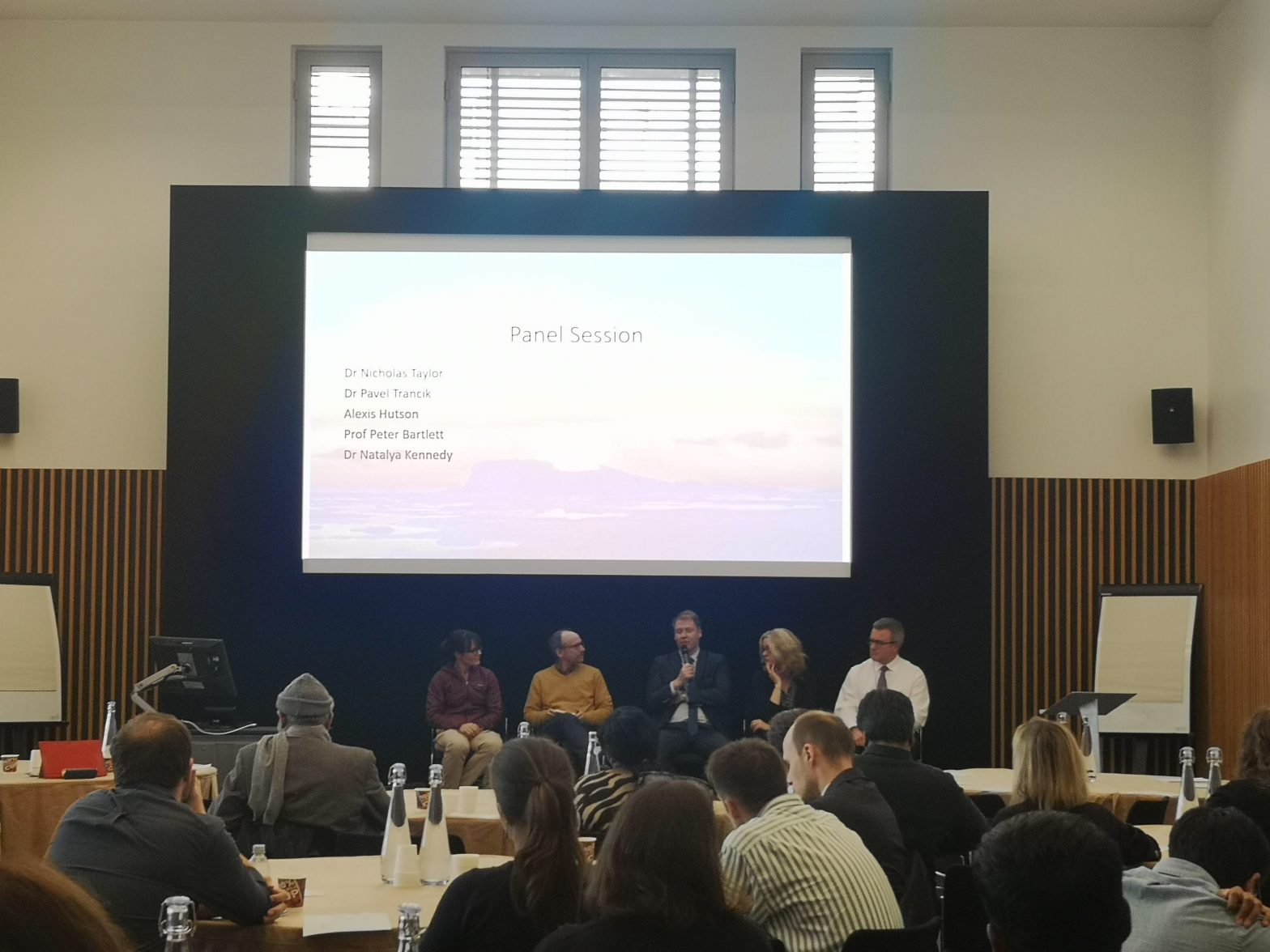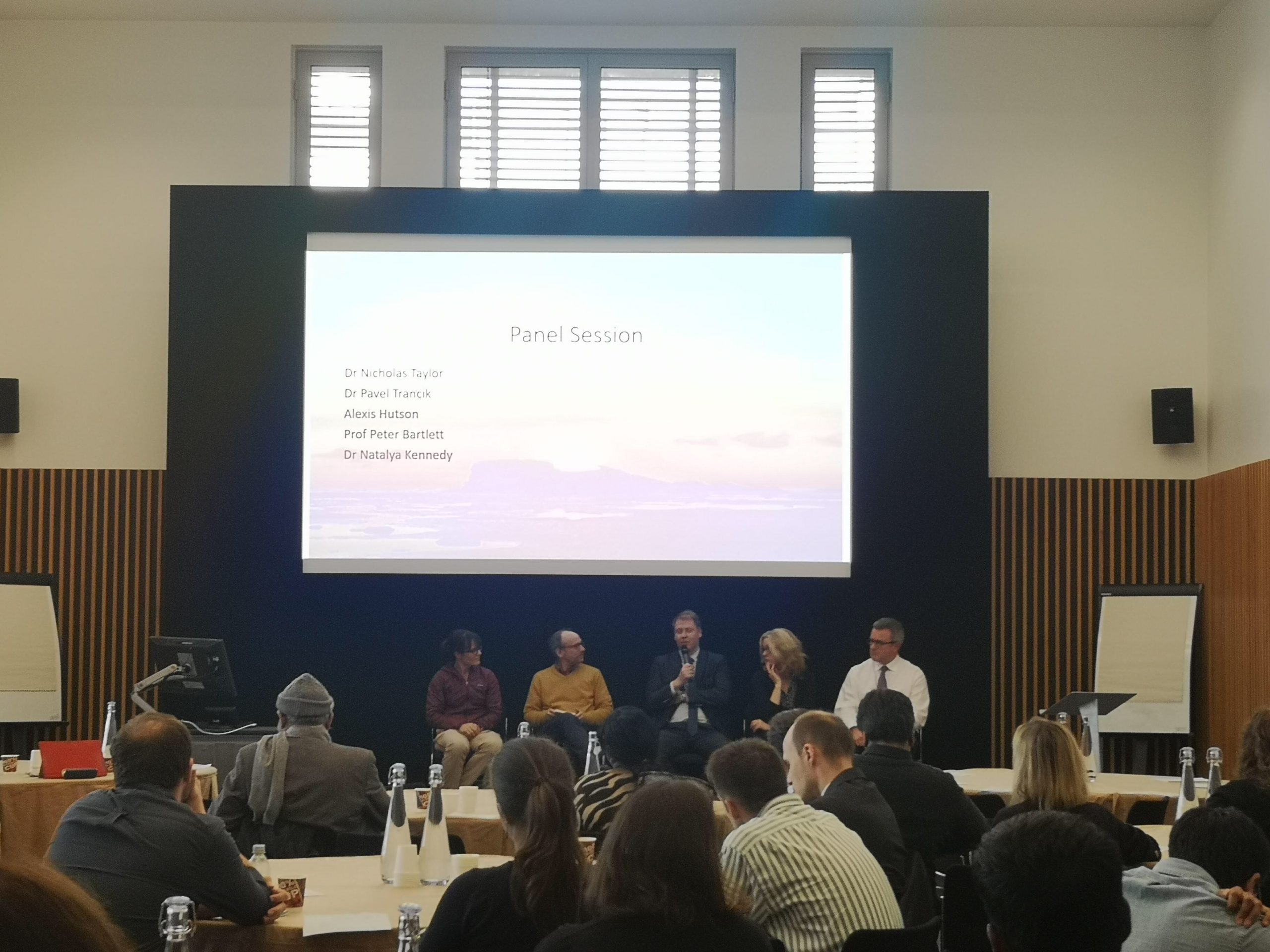The presenters of The Edition, The Spectator’s weekly podcast, are well connected and have real insights into the latest machinations in Whitehall.
James Forsyth, the Editor of the Spectator, often talks on Coffee Shots, The Spectator’s Daily Politics Podcast, about his almost continual contact with senior government figures. If they are thinking it, he is reporting it.
The most pressing issue facing the government, in his view, is terror offenders facing release who might still pose a danger to the public. I see this as the crystallisation of twin concerns about knife crime and terrorism into a new moral panic which challenges the government’s credibility on the sensitive issue of law and order. They know they are vulnerable here after years of cuts to the criminal justice system and other public services.
How alarming, then, to hear James talking about “one of the more interesting ideas floating around” which is “something based on the sectioning power of the Mental Health Act”. The thinking (such as it is) behind this is that if people want to wage jihad, then they must be mentally unwell and need detaining “indefinitely” in hospital until they can be demonstrated to be safe for release – at which point they have presumably “recovered” from the original (unspecified) mental health problem.
In James’ words “It does provide an answer to the question of how do you keep these people off the streets.” I agree, it does provide an answer to that question, and the answer, clear as daylight, is “Not like that.”
The Royal College has published before on the false promises and real dangers of preventive detention relating to people with mental health problems considered to be at risk of homicide. There is also an excellent Position Statement on Counter-terrorism and psychiatry ( https://www.rcpsych.ac.uk/pdf/PS04_16.pdf ) which reviews the subject in detail.
The short version:
- radical beliefs do not mean that a person is suffering from a mental disorder
- it’s unethical and unlawful to detain people without a mental disorder under the Mental Health Act 1983
- preventive detention is unworkable in any event because you have to lock up large numbers of people to prevent one incident
- you can never prove you prevented anything, but you do have to prove that the people need detaining, lawfully and ethically
- doctors will play no part in detaining people because of their political beliefs
- the whole agenda in mental health services at present is the prevention of “blanket restrictions” and a strong push towards less restrictive practices, reducing bed numbers and supported community care, not locking up large numbers of extra people without any mental health problems.
These problems lie with the government, not The Spectator, and their podcasts remain essential listening for all those interested in what’s going on in the world. Here’s the link. The real discussion starts at about 6.10:





